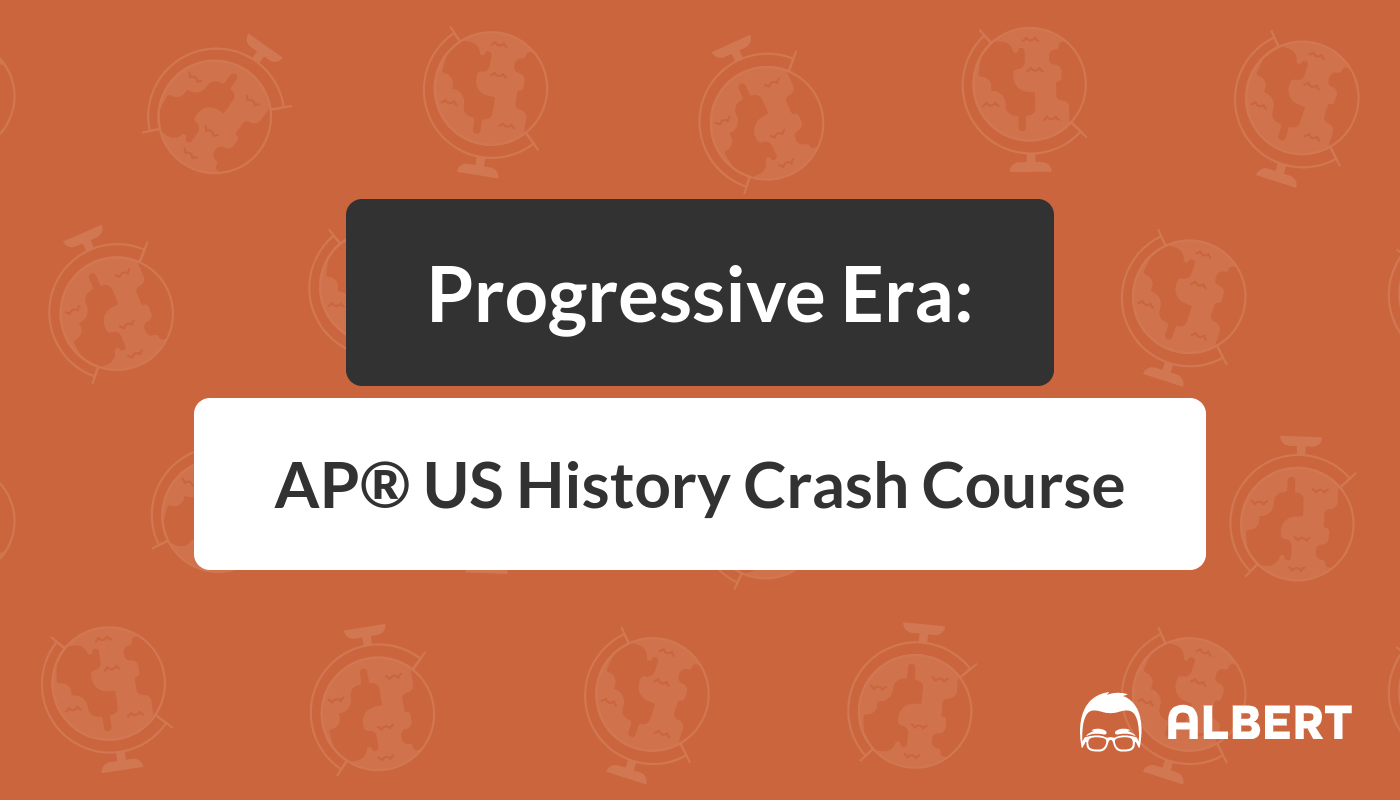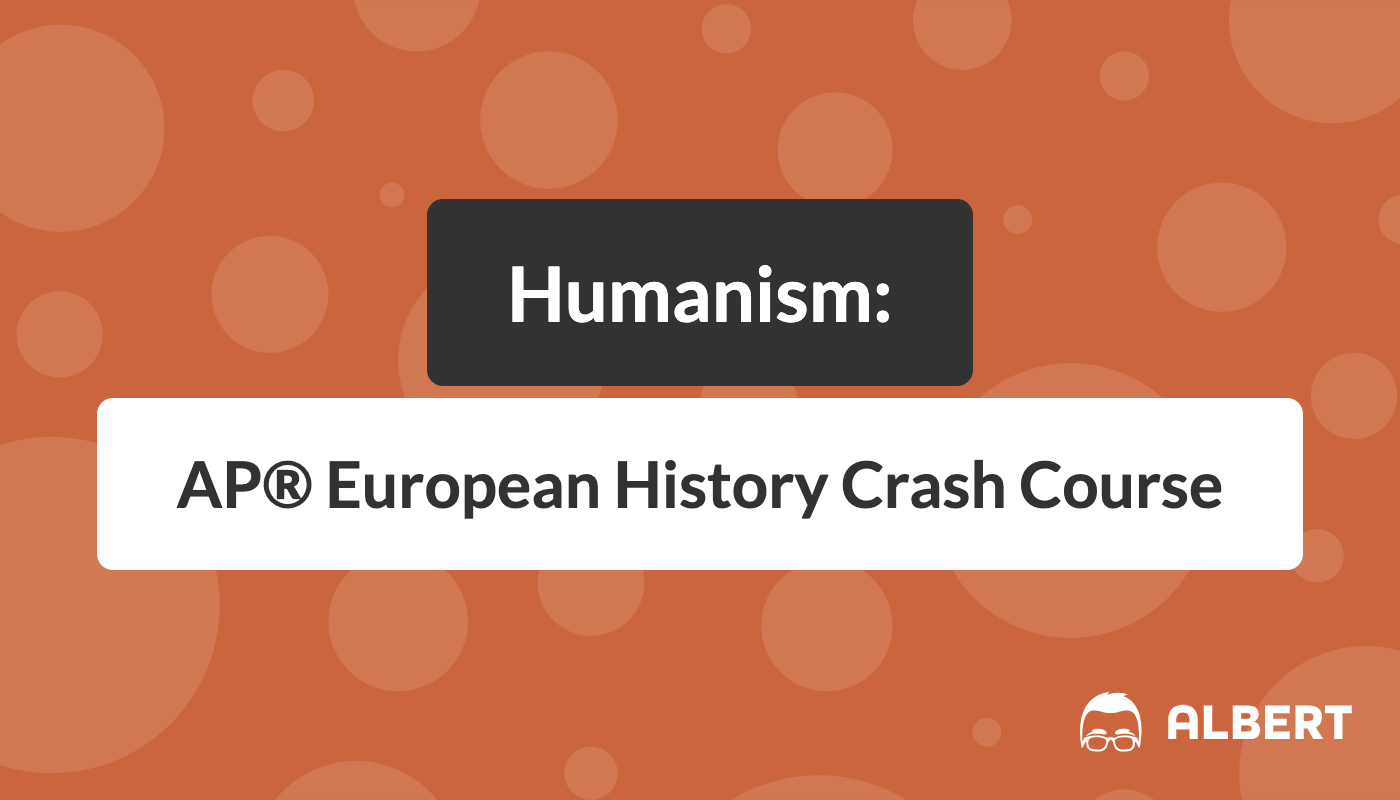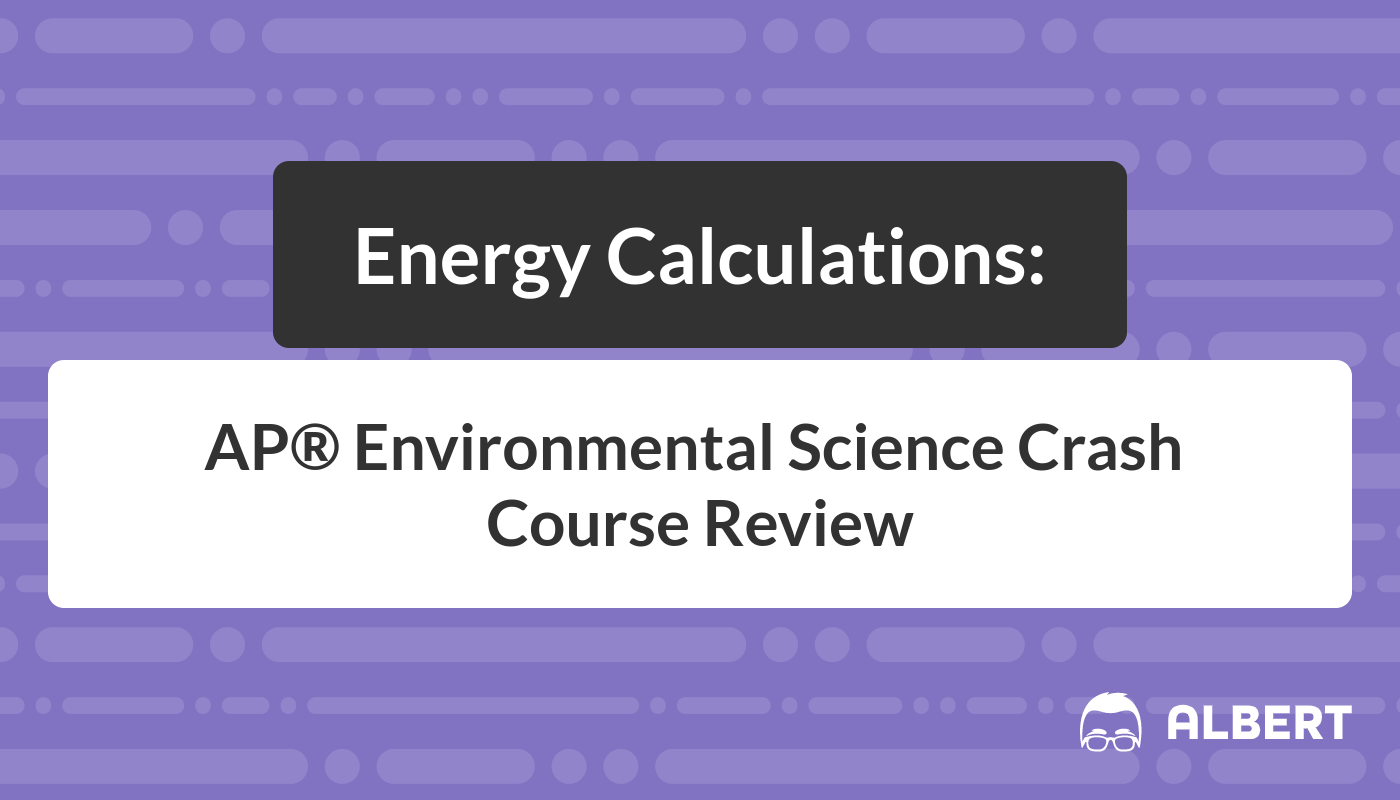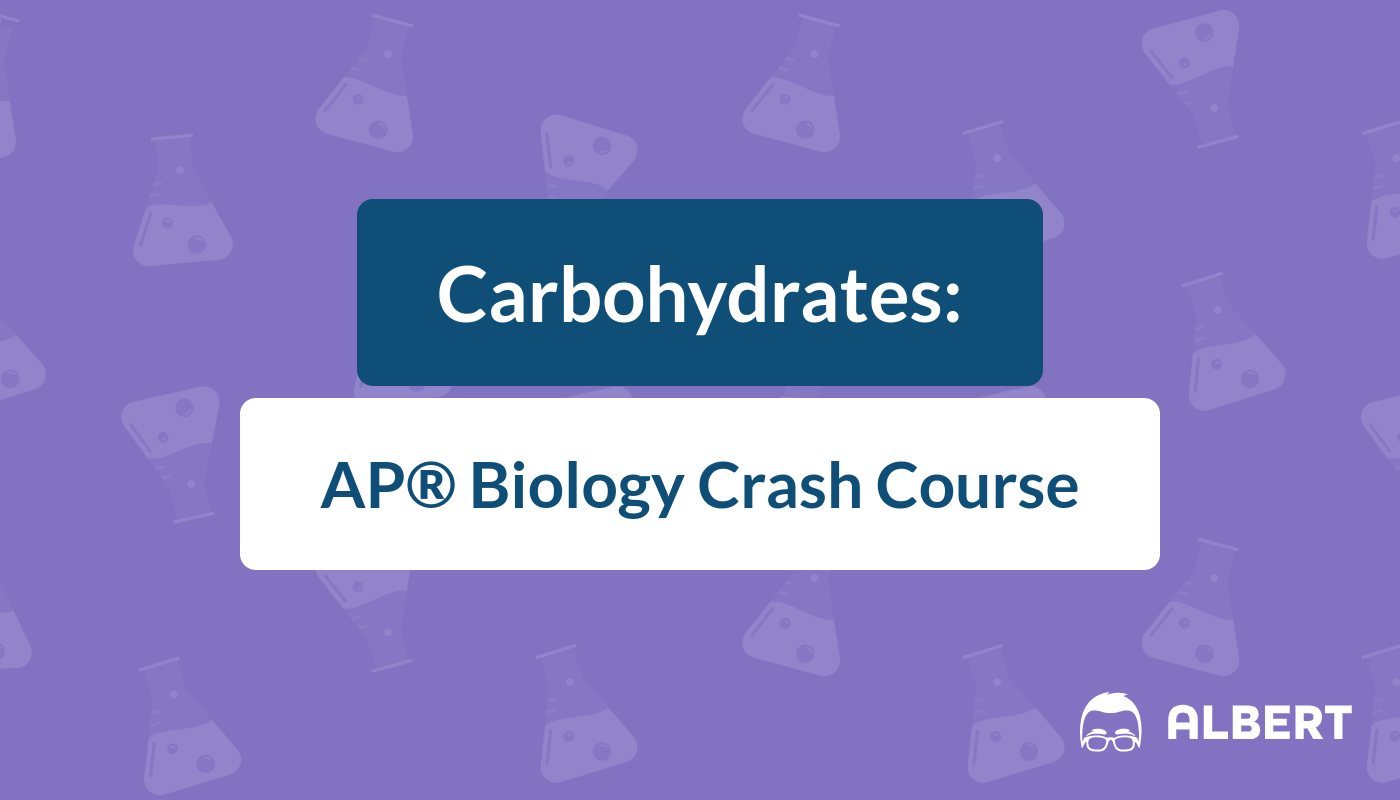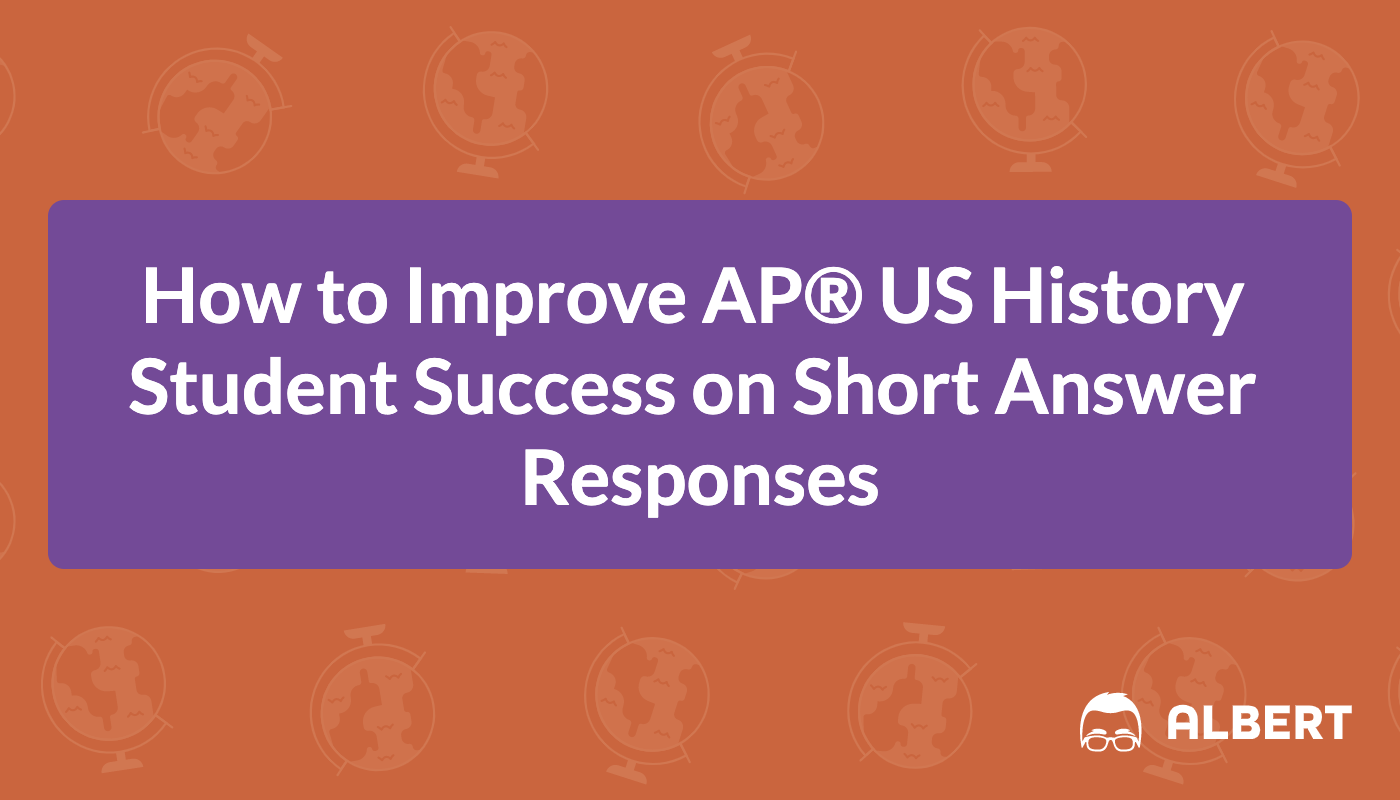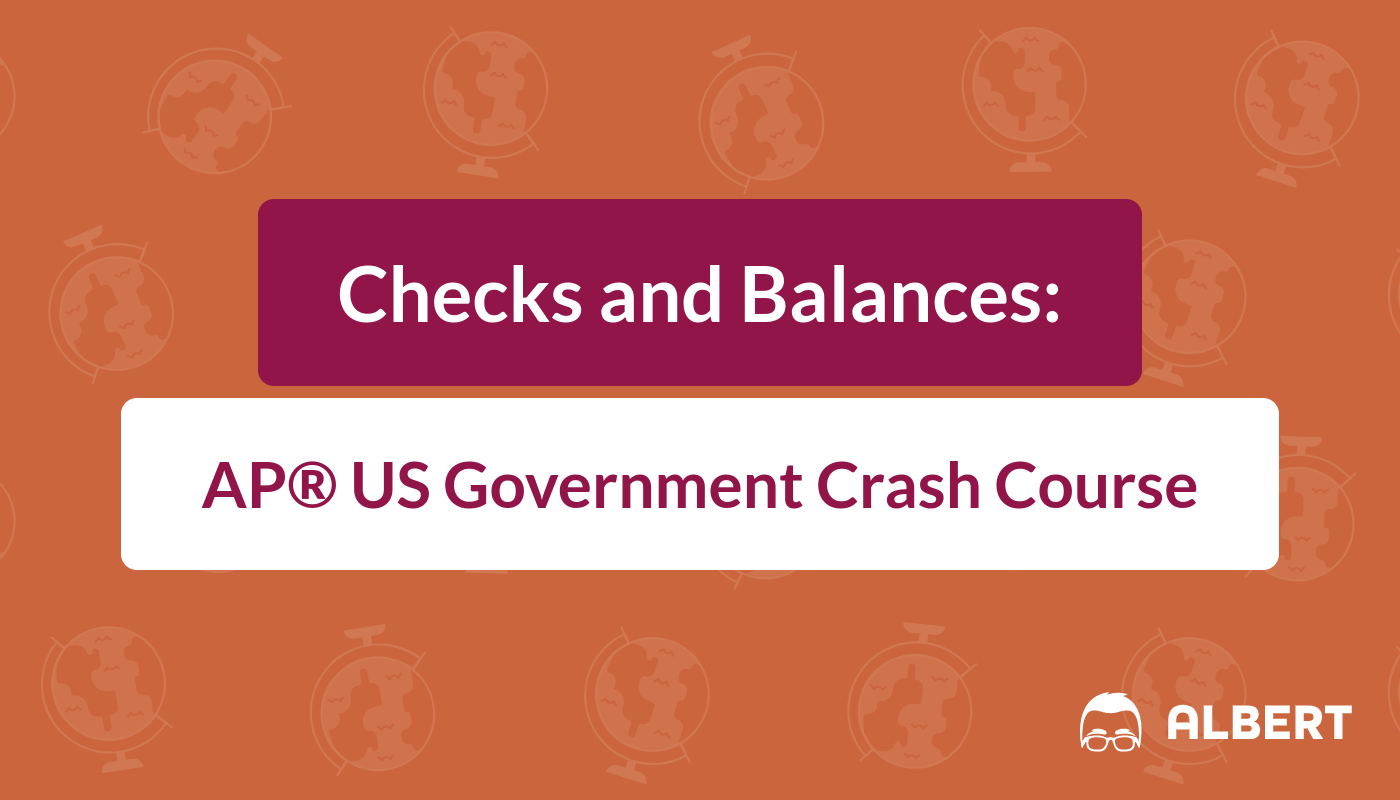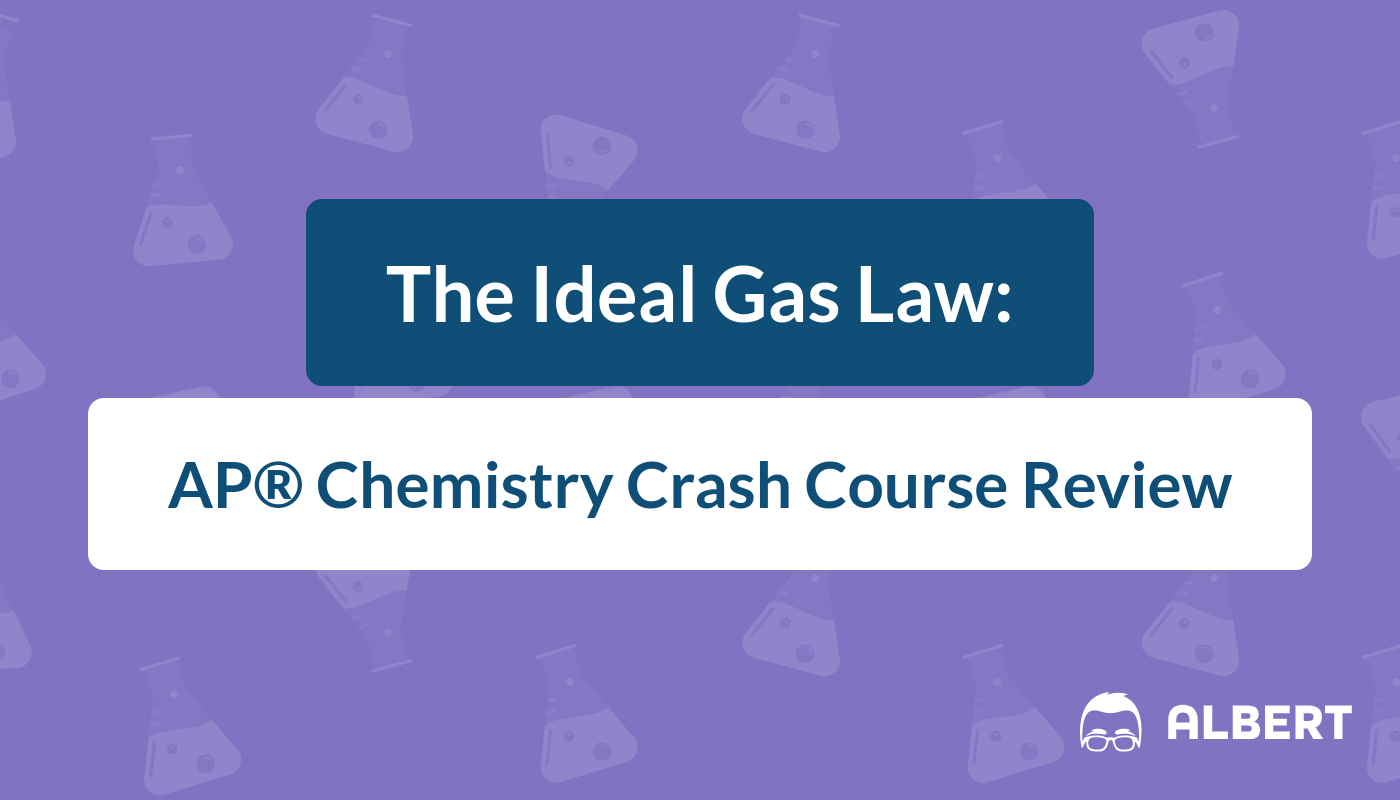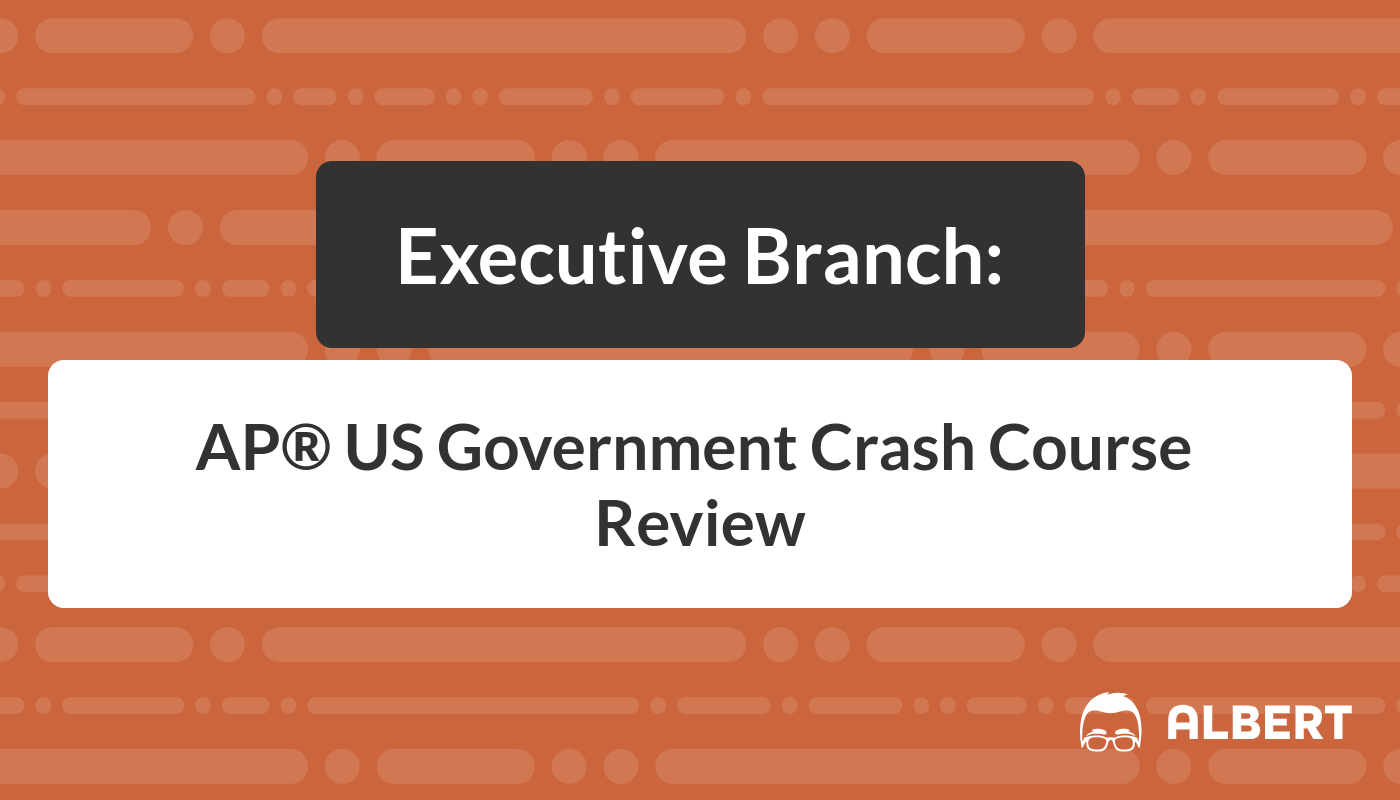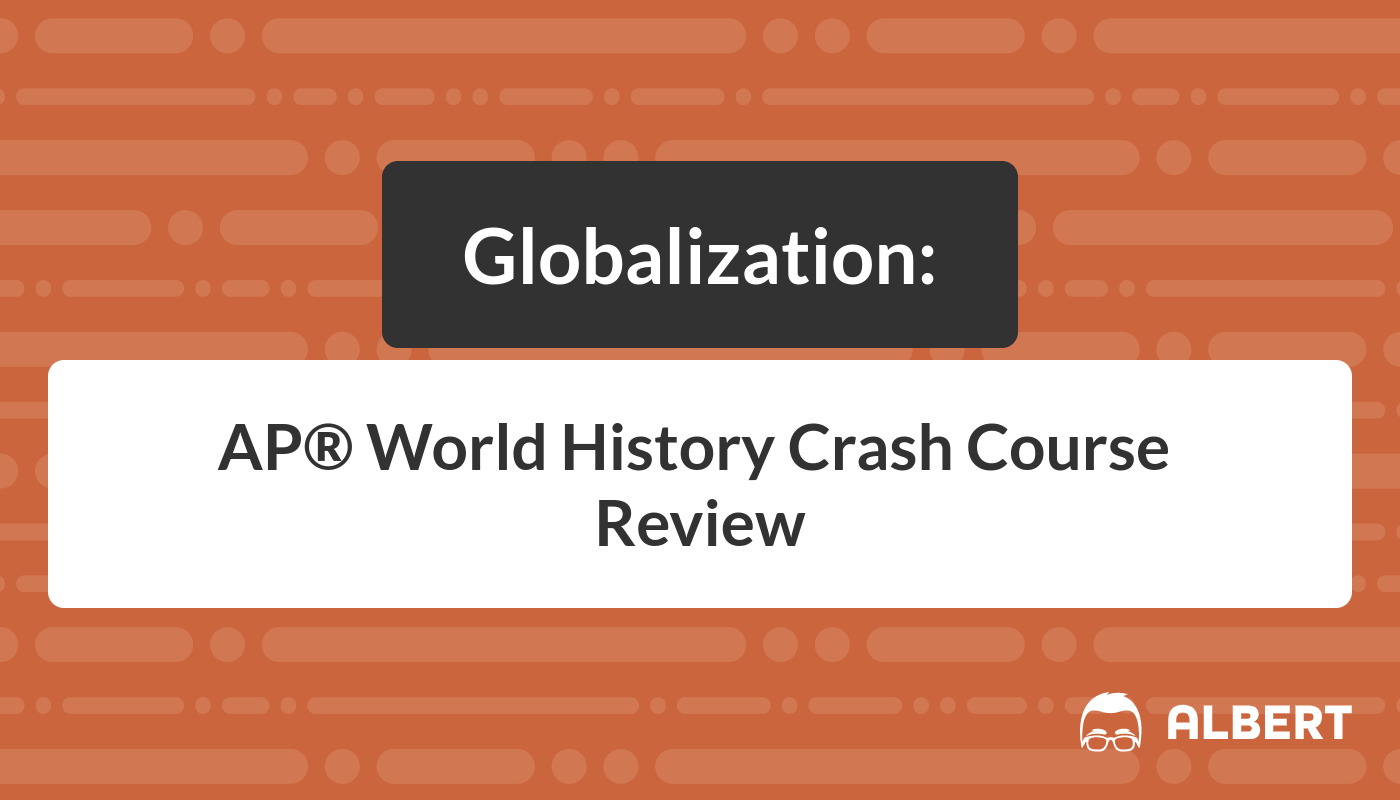The APUSH Redesign (and the Re-Redesign that followed immediately this year) has brought a great deal of uncertainty, angst and confusion to many teachers. This is my eighth year teaching the course, and while I had certainly reached a comfort level with the traditional multiple-choice and free-response questions, I have come around to almost all of the aspects of the redesign.
In my opinion, the best addition to the test is the new short answer section, found in Section 1 of the exam (along with the stimulus multiple-choice questions). Last June, I was fortunate enough to attend the AP® US History Reading in Louisville Kentucky. For one week, I graded the same Short Answer Question over 3,500 times (for the record, I never want to read about John Adams or Benjamin Rush and their interpretation of the American Revolution again). While I certainly do not claim to be an expert, or have any “insider information” on the inner workings of the College Board, I am happy to share my insights and advice based on my experiences and conversations with colleagues.

